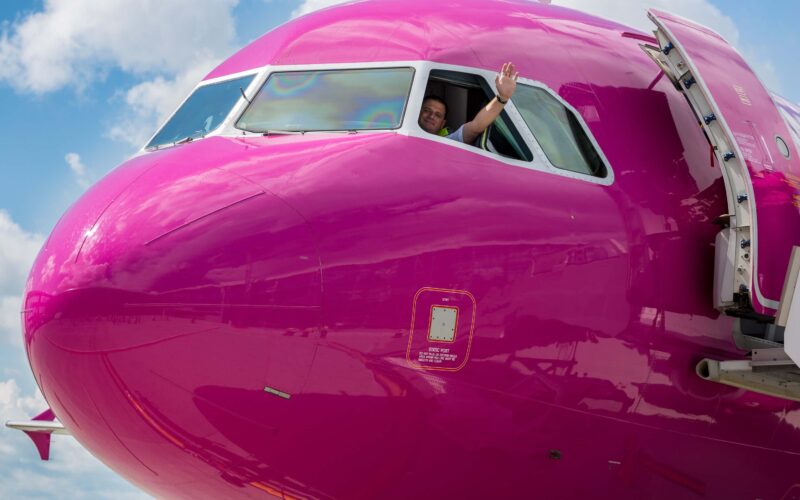Wizz Air CEO Jozsef Varadi is facing criticism from a number of pilot unions following his alarming comments regarding pilot fatigue cases. The airline boss also sparked safety concerns for suggesting that too many pilots are reporting cases and that they should keep working even if they are fatigued.
In a leaked internal video to its employees, Varadi said: “Now that everyone is getting back into work, I understand that fatigue is a potential outcome of the issues, but once we are starting to stabilize the rosters, we also need to take down the fatigue rate.
“We cannot run this business when every fifth person of a base reports sickness because the person is fatigued.”
“We are all fatigued. But sometimes it is required to go the extra mile. The damage is huge when we cancel a flight. It’s reputational damage to the brand, and it is financial, transactional damage, because we have to pay compensation for that.”
Deficient safety culture alert!@WizzAir CEO encourages pilots to fly fatigued! It’s like handing the car keys to a drunk driver. @EASA step in! You are WIZZ’ oversight authority… pic.twitter.com/qdJdBVwH90
— European Pilots (@eu_cockpit) June 8, 2022
In response to Varadi’s comments, the European Cockpit Association (ECA) said that encouraging fatigued pilots to fly is like “handing a key to a drunk driver”.
The British Airlines Pilots Association (BALPA) said it was “shocked an airline CEO would advise actions so contrary to basic safety culture”. BALPA also urges Varadi “to swiftly clarify that Wizz Air would fully support any pilot who does the right thing by not flying if they feel fatigued”.
Echoing BALPA and the ECA, the Guild of Air Traffic Control Officers (UK) also said that it was “equally shocked to hear these comments from the Wizz Air CEO”.
AeroTime has asked Wizz Air for a comment.
Fatigue is a major threat for civil aviation safety and places a great risk on passengers because it increases the risk of making errors during flights. Fatigue is prevalent among pilots usually due to unpredictable rosters, long duty periods, and insufficient sleep.
Captain Paul Cullen, Human Factors Researcher at Trinity College Dublin, told AeroTime that ”if a small number of pilots were declaring themselves fatigued, it would be reasonable to ask if it is perhaps an issue with individual pilots”.
“However, if 20% of your pilots are calling in fatigued, this indicates a much deeper-rooted issue. In this case fatigue is no longer your problem. Instead, it is a symptom of a systemic issue, and urging your pilots to “go the extra mile” is absolutely not the solution. In fact it is irresponsible, unethical and unsafe.”
“I sincerely hope that EASA and the national regulators address this issue,” Cullen added.

